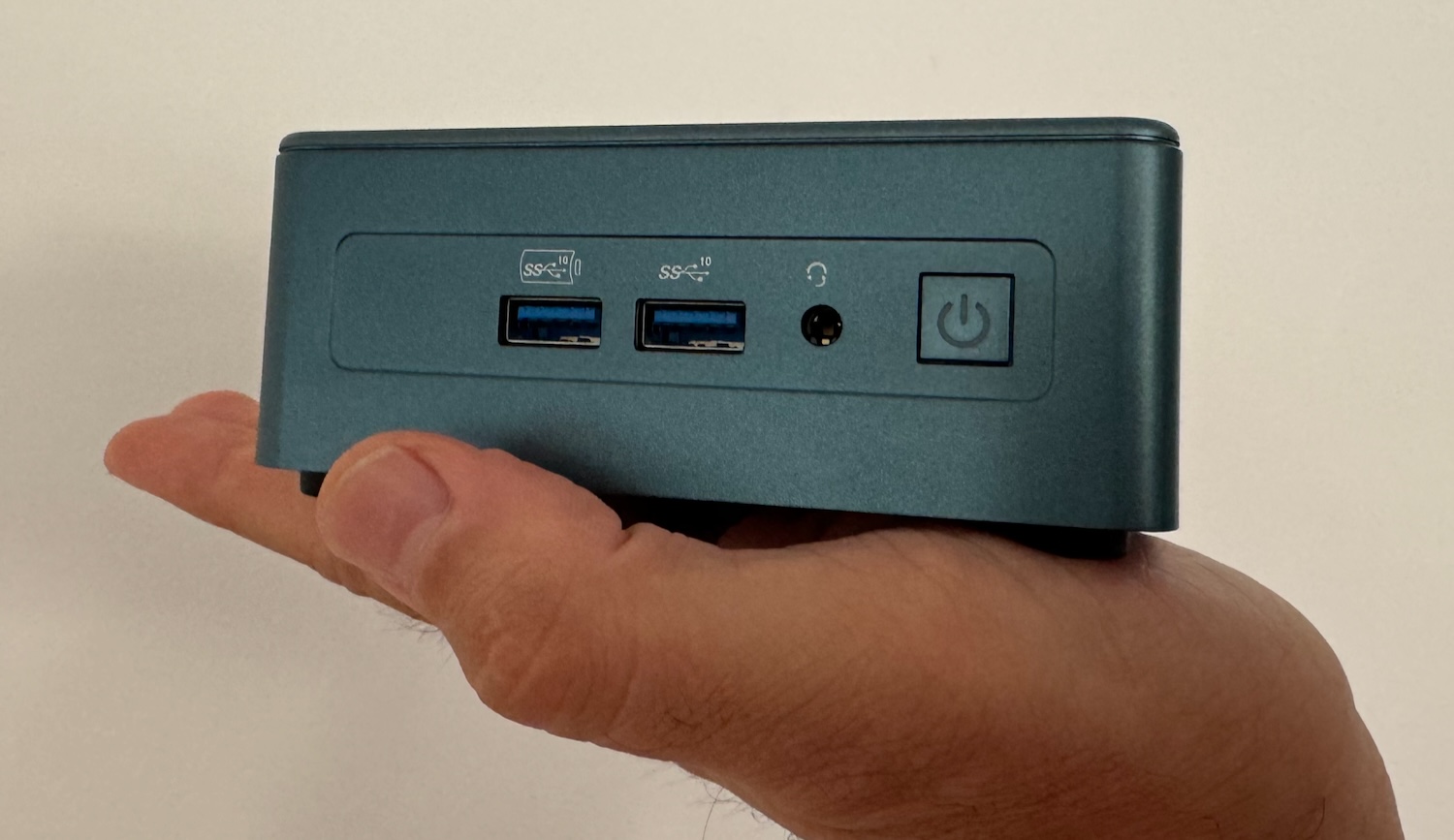In brief: Few people are more qualified to talk about artificial intelligence and its potential impact on society than Professor Geoffrey Hinton, often referred to as one of the three “Godfathers of AI.” He’s one of many experts worried about the impact of the technology on jobs, and believes a universal basic income could soften the blow.
Speaking to the BBC’s Newsnight program, Hinton said he was “very worried about AI taking lots of mundane jobs.” As such, he has advised the UK government that a universal basic income in which everyone receives a fixed amount of money is a good idea. “I was consulted by people in Downing Street,” he said.
Another AI prediction that Hinton agrees with is that while the technology will increase productivity and wealth, without government intervention the money will go to those who are already rich “and not the people whose jobs get lost and that’s going to be very bad for society.”
Hinton left Google in 2023 so that he could talk about the dangers of AI without impacting the company he worked for. “Look at how it was five years ago and how it is now,” Hinton said of AI’s state of being. “Take the difference and propagate it forwards. That’s scary,” he added.
Hinton also worries that advancing AI could lead to more than job losses. The professor repeated his concerns that it could cause an extinction-level event, especially as the technology increasingly finds its way into military weapons and vehicles. Hinton said the risk is that tech companies eschew safety in favor of beating competitors to market and reaching tech milestones.
“My guess is in between five and 20 years from now there’s a probability of half that we’ll have to confront the problem of AI trying to take over,” Hinton said. Such a scenario would lead to an extinction-level event as we would have “created a form of intelligence that is just better than biological intelligence […] That’s very worrying for us”. An evolving AI could develop a sub-goal of gaining control, Hinton warned.

“What I’m most concerned about is when these can autonomously make the decision to kill people,” he said. Hinton’s words come weeks after the US pledged never to put AI in control of its nuclear weapons systems, and urged China and Russia to make the same promise.
Hinton’s views on AI are in contrast to his fellow AI Godfather, Prof. Yann LeCun, who last year said the alleged threat to humanity is “preposterously ridiculous,” and job losses won’t be permanent.
Hinton isn’t the only industry expert to warn that a universal basic income will be needed as a result of AI-related job losses. Sam Altman, CEO of ChatGPT maker OpenAI, has campaigned for the benefit since 2016 when he carried out an experiment that gave 3,000 participants either $1,000 per month or $50 a month for three years. The results of the study are due to be released later this year.
Last week, Altman said he wondered if universal basic income could be supplanted by universal basic compute, in which “everybody gets a slice of GPT-7’s compute and they can use it, they can resell it, they can donate it to somebody to use for cancer research.” It’s unlikely many people would opt for that plan over being given money.










